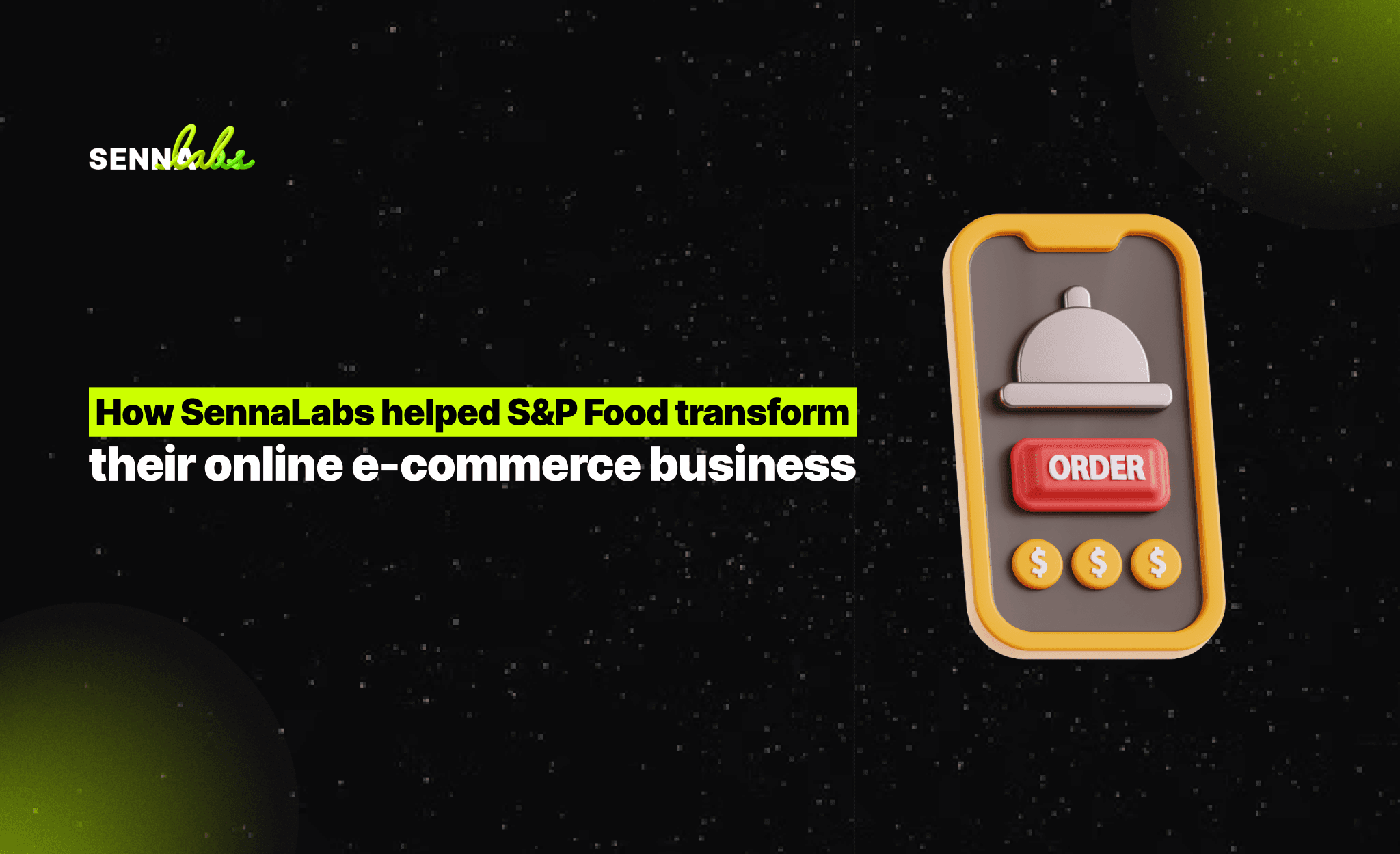Where Can I Learn Git and GitHub for Free? Can I Use It in Real Projects?

If you’re getting serious about coding—whether as a hobbyist, student, or future developer—learning Git and GitHub is essential. These tools aren't just for version control. They’re the backbone of modern software collaboration, used by teams around the world to track changes, manage codebases, and contribute to open-source projects.
The best part? You can learn both Git and GitHub for free—and start applying those skills in real-world projects, even before landing your first job.
In this article, we’ll explore the best places to learn Git and GitHub in 2025, and how one IT student used free official resources to master the basics, contribute to open-source, and build a job-ready portfolio.

Why Git and GitHub Matter
Git:
A distributed version control system that lets you:
-
Track changes to your code over time
-
Revert to earlier versions
-
Experiment in branches without breaking the main codebase
GitHub:
A web platform that hosts your Git repositories and helps teams collaborate. With GitHub, you can:
-
Share your code publicly or privately
-
Review and merge contributions from others
-
Showcase your work to employers
Understanding Git and GitHub is a minimum requirement for most dev jobs, and mastering them early opens doors to contribution, collaboration, and credibility.
Real Use Case: From Student to Open-Source Contributor
An IT student with basic coding knowledge decided to strengthen their resume by learning Git and GitHub. Instead of enrolling in paid courses, they followed these steps:
-
Started with the GitHub Docs “Hello World” tutorial, learning how to:
-
Initialize a repository
-
Make commits
-
Create branches and pull requests
-
Practiced using Git locally through Git Bash and VS Code
-
Found a beginner-friendly open-source JavaScript project on GitHub tagged with good first issue
-
Submitted several pull requests fixing typos and adding small features
-
Added those contributions to their resume and GitHub profile
Result? They stood out in internship applications for showing real-world collaboration, even before having formal job experience.
Best Free Resources to Learn Git and GitHub in 2025
1. GitHub Learning Lab
-
Interactive tutorials inside real repositories
-
Covers Git basics, workflows, issues, pull requests
2. GitHub Docs (Official Guide)
-
Clean documentation for setup, CLI, GitHub UI, and collaboration patterns
-
Great for learners who want precise, up-to-date instructions
3. FreeCodeCamp Git & GitHub Course
-
YouTube tutorial (2–3 hours) with project-based examples
-
Great for visual learners
-
Often includes real CLI workflows and repo setup
4. The Odin Project (Foundations Track)
-
Explains Git from a practical, beginner-friendly perspective
-
Assignments include real repo usage
5. Codecademy Git Course (Free Version)
-
Interactive browser-based practice
-
Good for initial hands-on experience
-
Upgrade optional, but the free lessons are solid
What You Should Learn First
-
Initializing Repositories
-
Making Commits
-
Using Branches
-
Merge Conflicts (and how to resolve them)
-
Cloning and Pushing to GitHub
-
Creating Pull Requests
-
Forking Projects
-
Contributing to Open Source Repos
These skills are not only useful—they’re expected. And the more you apply them in real scenarios, the more confident you’ll become.
How to Apply Git & GitHub in Real Projects
1. Create Your Own Portfolio Repo
Store all your HTML, CSS, and JS projects in a single GitHub profile. Add a README for each.
2. Document Your Work
A clean README with:
-
What your project does
-
How to install and run it
-
Tech used and screenshots
…can impress recruiters as much as the code itself.
3. Contribute to Open Source
Look for GitHub issues labeled:
-
good first issue
-
help wanted
-
documentation
These are often beginner-friendly and a great way to learn real workflows.
4. Collaborate with Friends
Even two-person projects can simulate real teamwork:
-
Use branches
-
Submit pull requests
-
Practice code reviews
Final Thoughts
You don’t need to pay a dime to learn Git and GitHub. The tools are free. The documentation is rich. And the opportunities to apply your skills—through personal projects or open-source contributions—are endless.
As shown by the student who used official docs and Learning Lab to contribute meaningfully to real projects, Git and GitHub aren’t just for advanced developers. They’re for anyone who wants to grow, collaborate, and get hired.


Subscribe to follow product news, latest in technology, solutions, and updates
บทความอื่นๆ



Let’s build digital products that are simply awesome !
We will get back to you within 24 hours!ติดต่อเรา Please tell us your ideas.
Please tell us your ideas.







